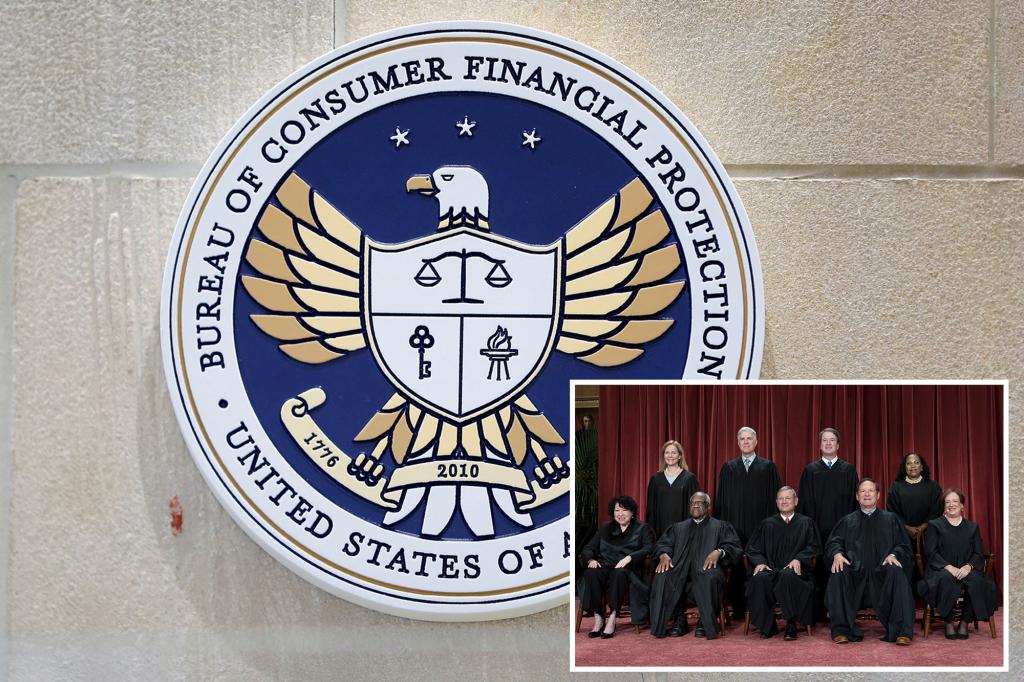The Supreme Court ruled in a 7-2 decision that the Consumer Financial Protection Bureau (CFPB) is lawfully funded by Congress, rejecting arguments from conservatives who claimed that the agency’s funding through the Federal Reserve System circumvented Congress’ power of the purse. The challenge to the independent agency was brought by two lender trade associations, but the Court’s decision upheld the funding structure that was created in 2011 under the Dodd-Frank Act in response to the Great Recession.
Lawmakers designed the funding structure to protect CFPB from political pressure during the annual appropriations process, but conservatives argued that the agency’s ability to receive up to $600 million annually from the Fed made it unconstitutionally unaccountable to elected representatives. If the payday lenders challenging CFPB had won, it could have potentially invalidated every action taken by the agency since its inception. The Fifth Circuit Court of Appeals initially sided with the payday lenders in 2017 over a rule restricting illegal debits from bank accounts.
Justices Alito and Gorsuch dissented from the majority decision, with Alito arguing that the ruling turned the Appropriations Clause into a minor vestige and allowed CFPB too much financial independence without congressional oversight. Former President Trump’s administration had sought to weaken CFPB, but President Biden has supported the agency and its powers. Despite more than 130 Republicans in Congress and former Speaker Boehner supporting the lenders, the majority of the Supreme Court found that CFPB’s funding structure was permissible based on the Constitution’s text, history, and congressional practice.
Conservatives have long been critical of CFPB’s extensive powers to litigate civil actions, conduct investigations, and open administrative proceedings since its founding. In 2020, the Supreme Court previously ruled that CFPB’s leadership structure was unconstitutional in a 5-4 decision but did not dismantle the agency itself. The latest decision upholding the agency’s funding further solidifies CFPB’s position and authority as a financial watchdog over the banking industry, despite ongoing challenges from industry groups and conservative critics.
The ruling provides a legal victory for CFPB and reaffirms the agency’s legitimacy and funding structure through the Federal Reserve System. It also highlights the ongoing debate over the agency’s powers and independence from political influence, with conservatives raising concerns about its accountability to Congress. The decision is seen as a continuation of the legal battles surrounding CFPB’s authority and funding, with the agency remaining a contentious issue in the financial industry and political arena. President Biden’s support for CFPB contrasts with former President Trump’s attempts to weaken the agency, indicating continued political divide over financial regulation and consumer protection.


